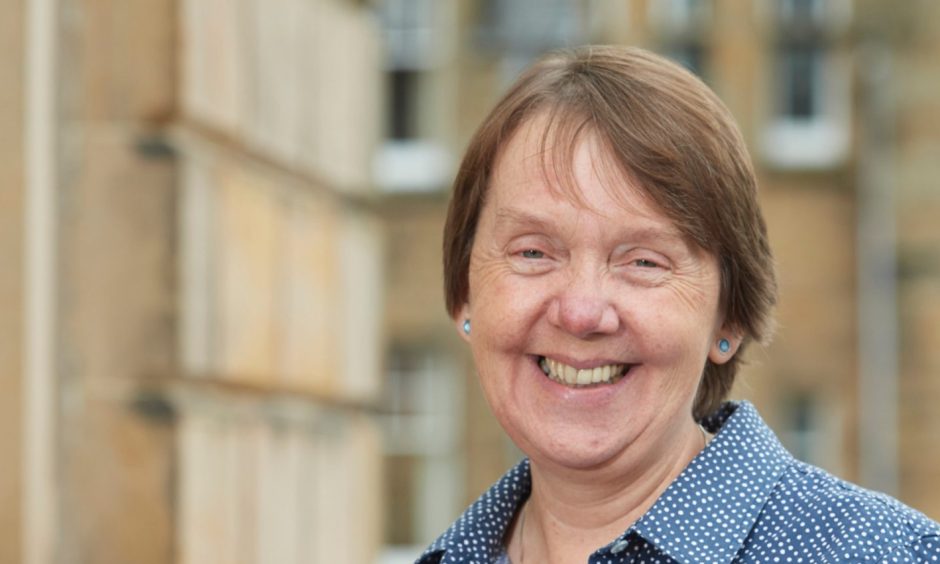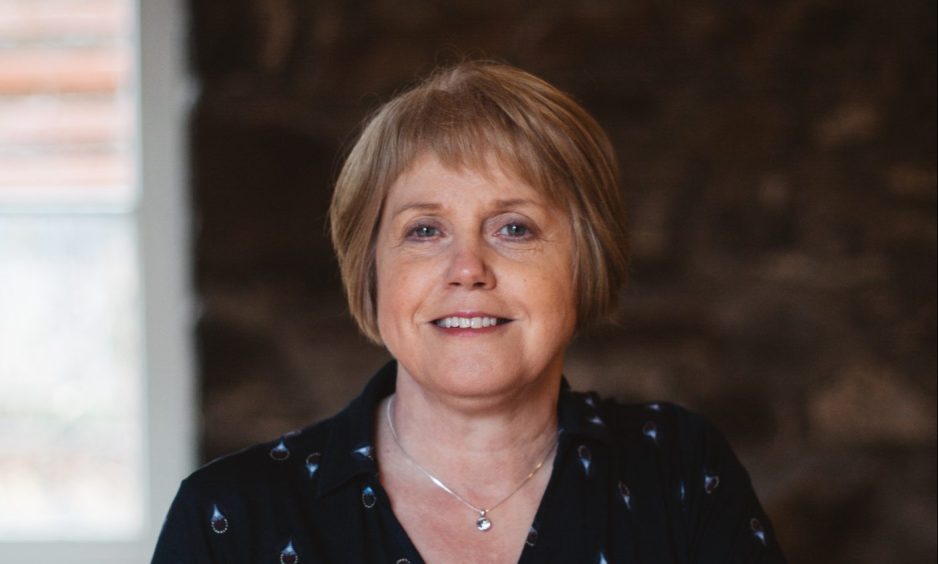The University of the Highlands and Islands is stepping up efforts to tackle a shortage of Gaelic teachers in schools.
A national recruitment issue is hampering the growth of Gaelic medium education (GME) in many areas.
In its new Gaelic language plan, the university proposes to increase the number of students teaching in the language.
What is the university doing?
New marketing campaigns and work in schools will help target potential recruits.
The university will work with Bòrd na Gàidhlig, Highland Council, Comhairle nan Eilean Siar and Argyll and Bute Council to increase applications for teaching posts.
It also plans a new part-time Gaelic medium Professional Graduate Diploma in Education (PGDE).
A four-year undergraduate route for primary and secondary teaching to provide a direct route into GME for school leavers and career changers is in its second year of delivery .
A Master of Education degree in Gaelic Education introduced last year is also in its second year.
Shona Cormack is head of teacher education Sabhal Mor Ostaig, the Gaelic college in Skye. She said GME has grown significantly in recent years.
“Sometimes it is growing faster than the number of teachers coming through. That has caused problems.”
She said there is a high level of interest in becoming a Gaelic teacher.
However, there is no guarantee of a permanent job for teaching graduates after their probationary year. Some rural schools have ongoing difficulty recruiting new teachers.
Prof Morag Redford is the university’s head of teacher education. She said: “We know there is a shortage of Gaelic medium teachers.
“The universities are working hard to produce the graduates and they go into their probationary year.
Doubly difficult for Gaelic
“But in recent years it’s been more difficult for teachers in whatever sector to secure permanent employment.
“It’s doubly difficult in Gaelic medium because there is a smaller number of graduates going into posts in the first place.”
This year it was announced that people looking to retrain as teachers of Gaelic at both primary and secondary education can benefit from the teaching bursary scheme.
The £20,000 bursary is available for career changers in the next academic year whilst studying for a PGDE in the relevant subjects.
Bòrd na Gàidhlig said the support for prospective Gaelic teachers will be invaluable.
The Scottish Government is expected to publish a new languages Bill around St Andrews Day.
Responses to a consultation on the Bill included an increased need for funding and resources to promote GME.
Highland Council is currently advertising for two Gaelic posts in Portree and Plockton areas.
It has seven Gaelic probationer teachers working in primary schools across the region.
A Scottish Government spokesman said it is committed to supporting access to Gaelic Medium Education for those that wish to have it.
“Gaelic teachers are vital to this success and there has been a 24% increase in those currently teaching Gaelic in primary and secondary schools between 2018 and 2022.”
He said it is working with partners to create pathways for those who wish to enter the sector.
“More widely, the Scottish Government is providing councils with £145.5 million in this year’s budget to protect increased teacher numbers across the country.”
Commitment to champion Gaelic
UHI language plan sets out its ambition for Gaelic to be used “more often, by more people in a wider range of settings”.
It plans to increase the visibility and use of Gaelic throughout the university.
It also aims to increase opportunities for staff and students to learn the language.
The plan will be outlined at a free public event in Café Ness by the Cathedral, Inverness, on November 14.
Vicki Nairn, UHI’s interim principal and vice-chancellor, said the plan articulates a renewed determination to strengthen the position of Gaelic across the partnership.
“Aligned with our strategic plan, it also highlights our commitment to champion Gaelic language and culture in our communities through curriculum, research and student experiences.”
Professor Neil Simco, UHI’s deputy principal academic and research, added: “Our ambitious new plan emphasises the importance of our Gaelic curriculum, including our contribution to Gaelic medium teacher education.”
Angus Peter Campbell: Don’t let Gaelic medium education be a victim of its own success



Conversation